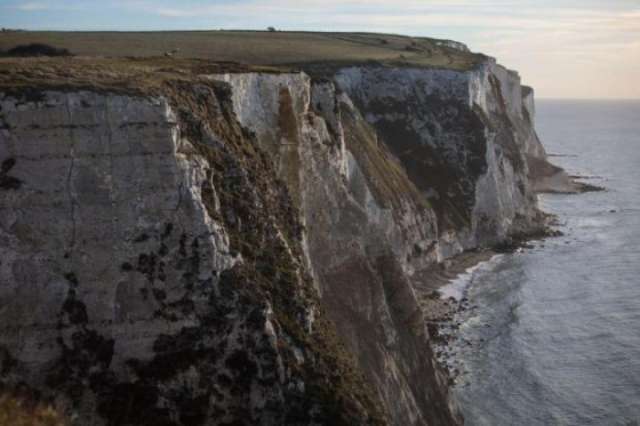According to them, this cosmic dust could be used to trace the location of water-rich asteroids, which could potentially serve as pit-stops for deep-space travellers in the future.
Despite the fact that an estimated 20,000 to 30,000 tonnes of cosmic dust falls to Earth every year, given its size, it’s tough to locate. However researchers say they were able to spot it this time based on the distinct Christmas tree-like shape of their crystal content.
Now, the team at Imperial College London believe that it could help scientists better understand events that took place millions of years ago.
“The iconic white cliffs of Dover are an important source of fossilized creatures that help us to determine the changes and upheavals the planet has undergone many millions of years ago,” said Martin Suttle, lead author and a research postgraduate from Imperial’s Department of Earth and Science and Engineering.
“It is so exciting because we’ve now discovered that fossilized space dust is entombed alongside these creatures, which can also provide us with information about what was happening in our solar system at the time.”
In a second study, the same team uncovered a way to determine if cosmic dust is clay rich as this could act as a ‘diving rod’ for finding water rich asteroids in our system.
They revealed that shattered pieces of olivine crystals in cosmic dust are a proxy for water, suggesting that these asteroids were rich in both clay and water.
“In the distant future, asteroids could provide human space explorers with valuable stop offs during long voyages,” said Matt Genge, lead author from the College’s Department of Earth Science and Engineering.
“Being able to source water is vital because it can be used to drink, to make oxygen and even fuel to power spacecraft.
“The relevance of our study is that cosmic dust particles that land on Earth could ultimately be used to trace where these water-rich asteroids may be, providing a valuable tool for mapping this resource.”
More about: #Dover
















































